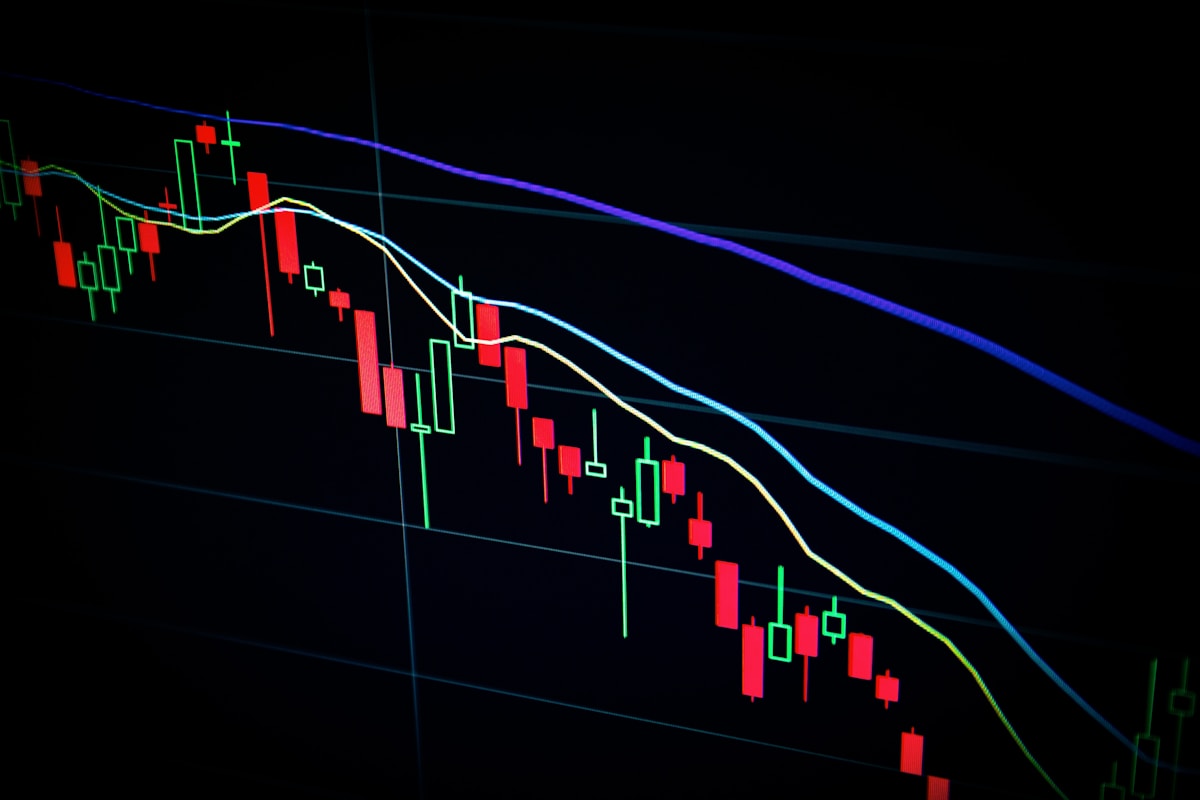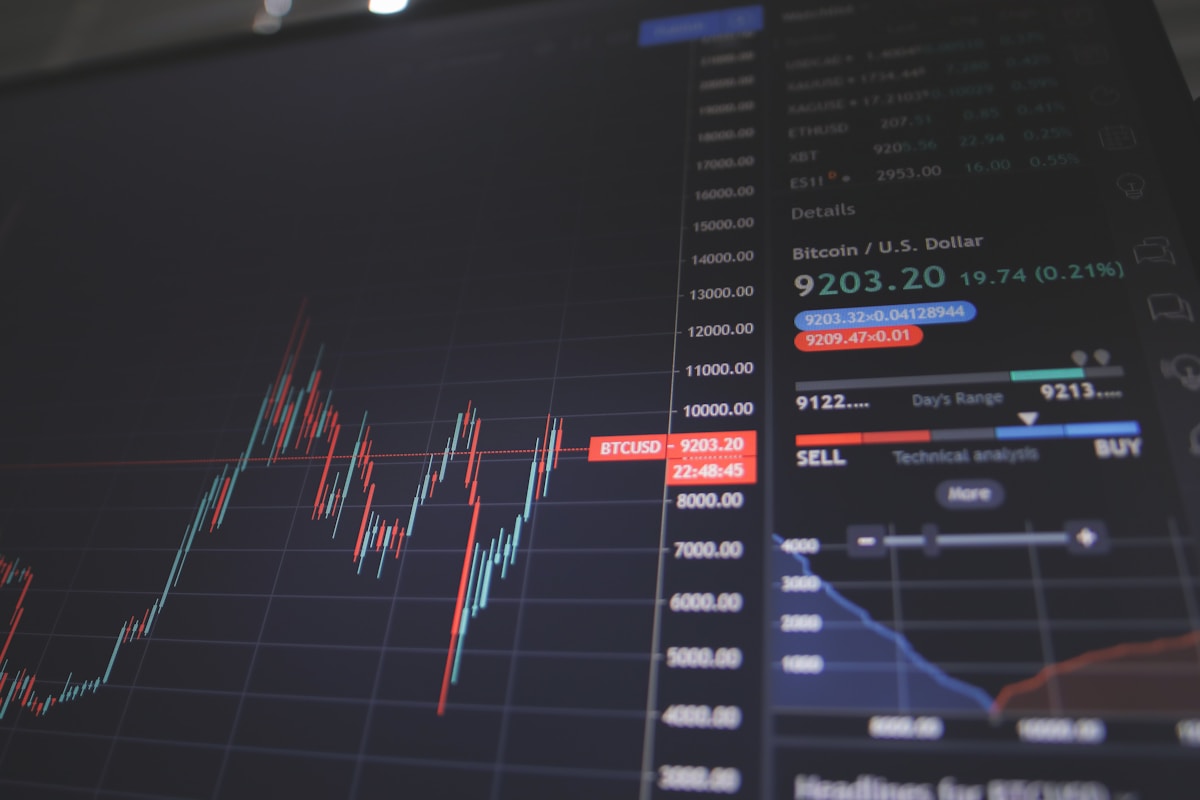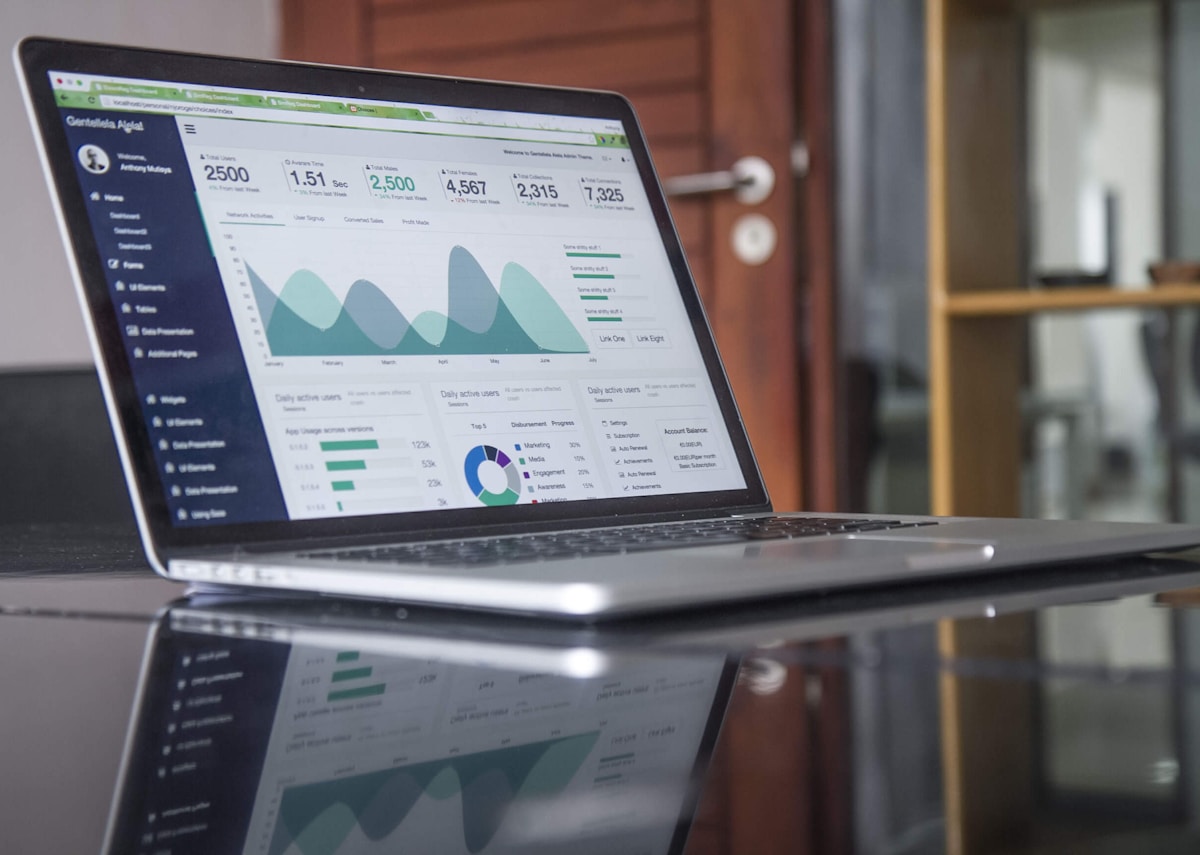You're Probably Going to Lose Money—And That's Why You Need to Read This
I'll be direct: only 1% to 4% of day traders consistently make a living from their screens. According to FINRA data from January 2025, roughly 72% of day traders end the year with financial losses. The statistics are sobering, but they don't tell the whole story.
Because here's what separates the profitable minority from everyone else—they treat day trading like a profession, not a casino. They've mastered specific strategies, understand the regulatory framework, and know exactly when to walk away. If you're an American looking to day trade in 2025 and beyond, this is your blueprint for survival.
The Reality Check: What the Numbers Actually Say
Before you fund an account, internalize these facts. A comprehensive study of Taiwanese day traders found that on any given day, 97% of day traders lose money net of trading fees. In the U.S., proprietary trading data shows only 16% of prop traders were profitable, with just 3% earning over $50,000 annually.
The bright spot? The top-performing traders weren't just lucky—their results showed statistical consistency year after year. These traders focused on volatile stocks near earnings announcements, used strict position sizing, and mastered just one or two strategies rather than dabbling in dozens.

Five Strategies That Actually Work in 2025
1. Opening Range Breakout (ORB): The Research-Backed Approach
A peer-reviewed study analyzing over 7,000 U.S. stocks from 2016 to 2023 found that the 5-minute Opening Range Breakout strategy produced consistent returns—but only when applied to "Stocks in Play." These are securities showing abnormal trading activity due to fundamental news.
The execution is straightforward: identify the high and low of the first 5 minutes of trading, then enter when price breaks above the high (for longs) or below the low (for shorts). Critical: the research showed that filtering for high-volume, catalyst-driven stocks was essential for profitability after transaction costs.
2. Momentum Trading: Riding the Wave
Momentum trading capitalizes on stocks making strong directional moves, typically fueled by news events, earnings surprises, or technical breakouts. You're looking for high relative volume—often 2x or 3x the average—as confirmation that institutional traders are participating.
The trap? Overstaying your welcome. Most momentum moves exhaust within 30 to 90 minutes of the initial catalyst. Study after study shows that traders who set time-based exits, not just price targets, preserve gains more effectively.
3. Scalping: The High-Frequency Grind
Scalpers target tiny price movements—often just a few cents—across dozens of trades per day. This approach demands a broker with sub-penny execution quality, tight spreads, and ideally, direct market access. Commissions and slippage can destroy a scalping strategy, so platform choice is existential here.
According to industry data, scalping works best on highly liquid assets like major ETFs (SPY, QQQ) or mega-cap stocks with penny-wide bid-ask spreads. Anything less liquid, and the execution costs eat your edge.
4. Range Trading: Profiting from Indecision
When a stock trades sideways between defined support and resistance levels, range traders buy near support and sell near resistance—rinse and repeat. This strategy shines in low-volatility environments when momentum strategies fail.
The key is recognizing when a range is about to break. Use volume as your guide: declining volume within a range suggests continuation; a surge in volume near range boundaries signals a potential breakout you should avoid fading.
5. News Trading: Capitalizing on Catalysts
Economic data releases, Fed announcements, and earnings reports create predictable windows of volatility. News traders position themselves to capture rapid price moves that occur in the minutes following major announcements.
Here's the catch: by 2025, algorithmic trading systems process news in milliseconds. Retail traders can't compete on speed. Instead, focus on secondary reactions—the market's re-evaluation 15 to 60 minutes after the initial spike, where human judgment still has an edge.

The Pattern Day Trader Rule: What's Changing in 2025
If you execute four or more day trades within five business days in a margin account, FINRA designates you a "pattern day trader" (PDT), requiring a minimum $25,000 account balance. This rule is about to change.
In September 2025, FINRA's Board of Governors approved amendments to replace the fixed $25,000 threshold with risk-sensitive intraday margin requirements. The proposal is now pending SEC approval, with implementation expected in early 2026. Under the new framework, traders would simply need to maintain enough equity to avoid margin calls on their intraday positions—typically 25% of the total position value.
For traders with smaller accounts, this is significant. The barrier to entry drops substantially, though the inherent risks remain unchanged. According to FINRA data, there are approximately 1.3 million pattern day traders in the U.S. as of January 2025, representing about 0.9% of all brokerage customers.
Workarounds Under Current Rules
Cash accounts aren't subject to PDT rules because you're not borrowing on margin. The limitation: you must wait for trades to settle (T+1 for stocks) before using those funds again, which caps your trading frequency.
Multiple broker accounts spread across different firms can extend your day trade capacity, though you must track each account's activity carefully to avoid violations.
Choosing Your Weapon: Platform Selection for 2025
Platform choice matters more than most beginners realize. Execution speed, order routing, and data quality directly impact your bottom line.
For Serious Day Traders
Interactive Brokers consistently ranks as the top choice for active traders, offering direct market access, sophisticated order types, and some of the lowest margin rates in the industry. The learning curve is steep, but the tools are institutional-grade. Their Trader Workstation platform allows bracket orders, algo trading, and customizable hotkeys that shave seconds off execution—an eternity in day trading.
For Technical Analysis Purists
Charles Schwab's thinkorswim platform (acquired from TD Ameritrade) delivers the most comprehensive charting suite available to retail traders. Hundreds of technical indicators, strategy backtesting, and paper trading make this ideal for traders who build systems around chart patterns.
For Mobile-First Traders
Webull offers commission-free trading with surprisingly robust charting for a mobile platform. It's not built for high-frequency execution, but for swing traders who occasionally day trade, the cost structure is hard to beat.
Execution Quality: The Hidden Edge
As of October 2025, the average execution quality across major brokers was 97.51%, meaning that percentage of orders executed at or better than the National Best Bid and Offer. Fidelity leads here by refusing payment for order flow (PFOF) on commission-free trades, resulting in superior price improvement for customers.
The Tax Realities No One Wants to Discuss
Day trading profits are taxed as short-term capital gains—meaning they're treated as ordinary income. For 2025, that ranges from 10% to 37% depending on your tax bracket. If you're profitable enough, you may also owe the 3.8% Net Investment Income Tax.
Compare this to buy-and-hold investors who pay 0%, 15%, or 20% on long-term capital gains. Day traders are at a significant tax disadvantage from the start.
The Mark-to-Market Election (Section 475)
If the IRS considers you a "trader in securities" (not merely an investor), you can elect mark-to-market accounting under Section 475(f). This converts your gains and losses to ordinary income, but with a powerful benefit: you can deduct all trading losses without the $3,000 annual cap that applies to capital losses, and the wash sale rule no longer applies.
Qualifying isn't easy. The IRS looks at trading frequency, average holding period, and whether you depend on trading income for your livelihood. A tax professional familiar with trader tax status is essential here—getting this wrong has consequences.
Track Everything
Brokers issue 1099 forms, but the onus is on you to report accurately. Keep detailed records of every trade, including timestamps, entry and exit prices, and your rationale. If you're making hundreds of trades per month, tax software designed for active traders (like TradeLog or GainsKeeper) becomes necessary.

Risk Management: The Unsexy Skill That Determines Everything
According to industry surveys, 88% of day traders use stop-loss orders. Yet the majority still lose money. The problem isn't the tool—it's the application.
The 1% Rule
Never risk more than 1% of your trading capital on a single trade. With a $25,000 account, that's $250 maximum loss per position. This isn't conservative—it's survival math. Even a string of ten consecutive losses (which happens) only draws down your account by 10%.
Position Sizing Beats Prediction
Most losing traders obsess over finding the perfect entry while neglecting position size. A study of TD Ameritrade customers found that 62% used position sizing as part of their risk management. The other 38%? They're likely part of that 72% who lose money annually.
Daily Loss Limits
Set a hard stop at 3% of your account per day. If you hit it, you're done for the session. Emotional trading after losses is the fastest path to account destruction. Professional traders call this avoiding "tilt"—a term borrowed from poker that describes irrational play after setbacks.
The Psychological War: Why Most Traders Fail
Research shows that unprofitable traders return to the market at nearly the same rate as profitable ones: 95.3% versus 96.4% within 12 months. This statistic is damning. Losing traders don't quit—they persist despite evidence they lack an edge.
This is availability bias at work. Social media overflows with traders flaunting gains while losses stay hidden. When you see ten people posting profits and assume trading is easy, you're ignoring the thousands in those same forums who lost money and said nothing.
The Six-Month Reality Check
Data shows most day traders face consistent losses for at least six months before quitting. If you're still bleeding after six months of disciplined trading (not reckless gambling), it's worth honestly assessing whether this path is right for you. Successful traders treat early losses as tuition; unsuccessful traders treat them as bad luck that will reverse.
Building Your Edge: A Realistic Path Forward
If you're still reading, you're more serious than most. Here's what a genuine preparation period looks like:
Months 1-2: Paper trade a single strategy. Don't touch real money. Track every trade in a journal, noting not just what happened, but why you made each decision.
Months 3-4: Trade with minimal position sizes—small enough that a total loss wouldn't affect your lifestyle. Your goal isn't profit; it's discovering how your emotions respond to real money on the line.
Months 5-6: Analyze your journal. What patterns emerge in your winning trades? Your losers? Most traders skip this step and pay for it indefinitely.
Month 7 onward: If—and only if—you've demonstrated consistent profitability in your journal, gradually increase position size. Never jump from small to full size overnight.
The Bottom Line
Day trading in 2025 isn't impossible. The 1% to 4% who succeed share common traits: they specialize in one or two strategies, they treat risk management as sacred, and they've committed thousands of hours to deliberate practice before expecting consistent profits.
The regulatory landscape is evolving—FINRA's pending rule changes will lower barriers to entry for smaller accounts. But easier access doesn't mean easier profits. If anything, more participants mean more competition for the same opportunities.
Start with the assumption you'll fail. Then spend six months proving yourself wrong—in a journal, with tiny position sizes, where mistakes cost lessons instead of rent money. That's not pessimism. That's how the 4% actually got there.